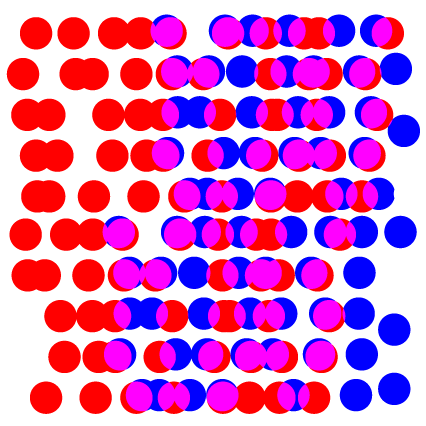
This paper discusses how the category of declarative speech acts can be used in the context of discourse analysis. For this purpose, similarities as well as differences between the works of Searle and Foucault are being discussed in order to illustrate the possibilities and challenges of theorizing declarative speech acts as discursive practices. To elaborate on these problems, a study on the felicity conditions of marriage in Islamic as well as Christian cultures is critically reviewed. The paper ends with an analysis of the discourse of same-sex marriage as well as blessing ceremonies in German churches and the discursive conflicts revolving around those practices.
Trochemowitz, Jonas. 2025. Declarative Speech Acts as a Discursive Practice of Disruption: An Analysis of Same-Sex Marriage and Blessings in German Church Discourse. Discourse in/of Disruption (Diskurs – interdisziplinär 12) 9, 89–98. https://doi.org/10.21248/idsopen.9.2025.48